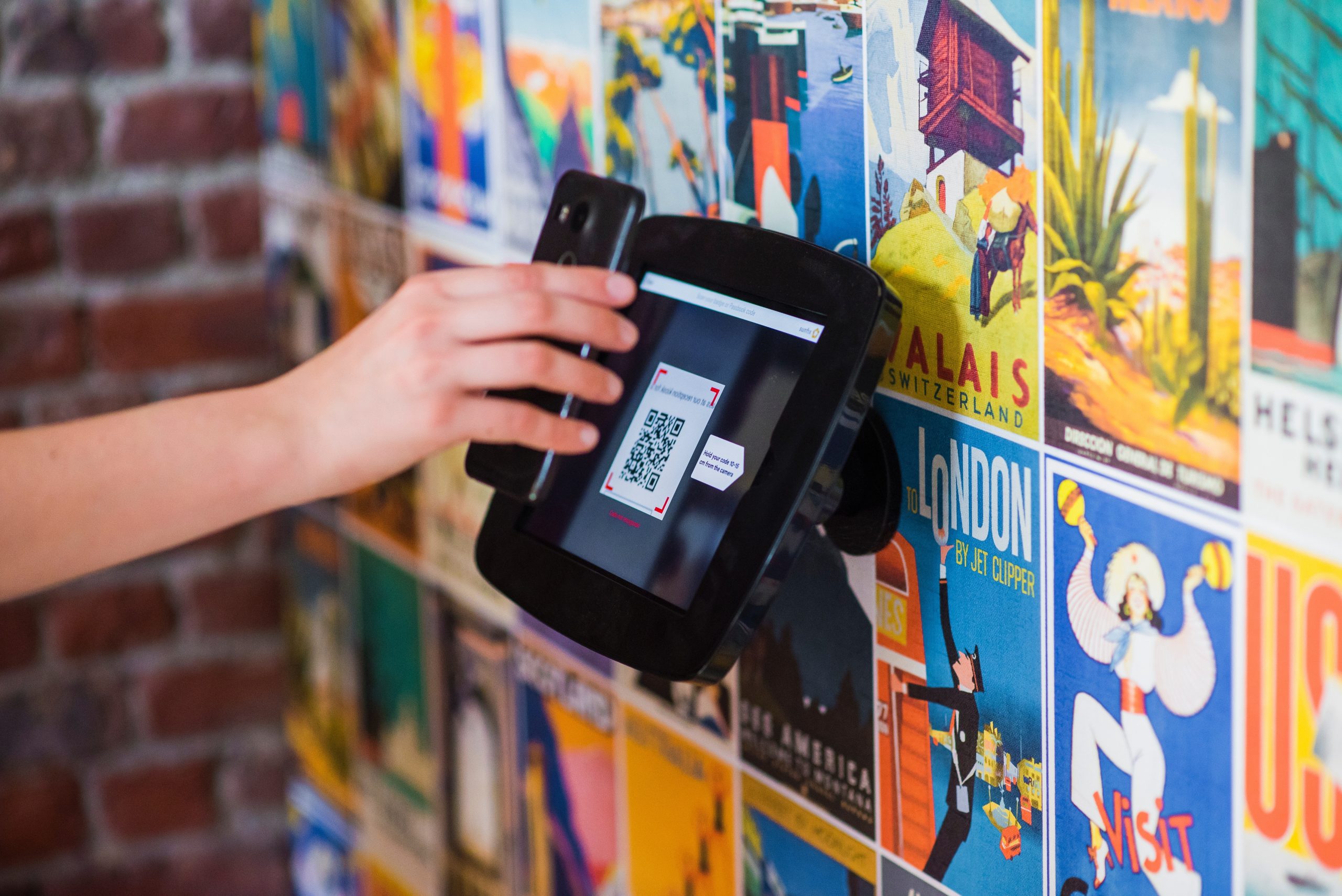
Read also : Digital Logsheets Effectively Reduce Production Disruptions
In the continuously evolving digital era, Near Field Communication (NFC) technology has proven itself to be an extremely useful tool in various sectors of our lives. One of the most prominent applications is the use of NFC as an efficient tagging and tracking tool. This article will delve deeply into the advantages of NFC in this role and how this technology positively contributes to various industries.
Advantages of NFC in Tagging

Read also : Digital Logsheets: Monitoring Tools Real-Time Production
NFC technology allows devices to communicate with each other by simply bringing them close together. One of NFC’s greatest advantages in tagging is its ability to provide a unique identity to physical objects. By applying NFC tags to equipment or goods, tracking becomes more accurate and efficient. This reduces the risk of loss, theft, or inventory management errors.
Moreover, NFC tags have the capability to enhance the security of valuable equipment or valuable items, offering an added layer of protection. They can generate unique security codes that can only be accessed by authorized devices. This provides an additional layer of security in physical asset management.
Advantages of NFC in Tracking

Read also : Benefits and Applications of RFID in Asset Tracking
Efficient inventory tracking is crucial in business and industry. NFC enables rapid identification and real-time monitoring of stock items. This helps avoid stock shortages that can disrupt production or excess stock that results in unnecessary storage costs.
Applications of NFC Across Various Industries

Read also : Operational Efficiency: Implementation of Digital Logsheet
The utilization of NFC has expanded into various sectors. In the corporate realm, NFC is employed for the purpose of monitoring inventory and merchandise, providing businesses with a means to enhance the efficiency of their asset management. Furthermore, NFC finds applications in contactless transactions, enabling quicker and more secure payment processe
In the healthcare sector, NFC is utilized for the supervision of medical devices and the management of medication distribution. This enhances efficiency in healthcare provision.
Conclusion
In our increasingly interconnected and fast-paced world, NFC has proven to be an invaluable tool in tagging and tracking physical assets. NFC’s advantages in improving tracking accuracy, security, and inventory management efficiency make it a highly necessary solution across various industries. With its ever-evolving technology, NFC is expected to play an even larger role in the future of physical asset management.






comments (0)